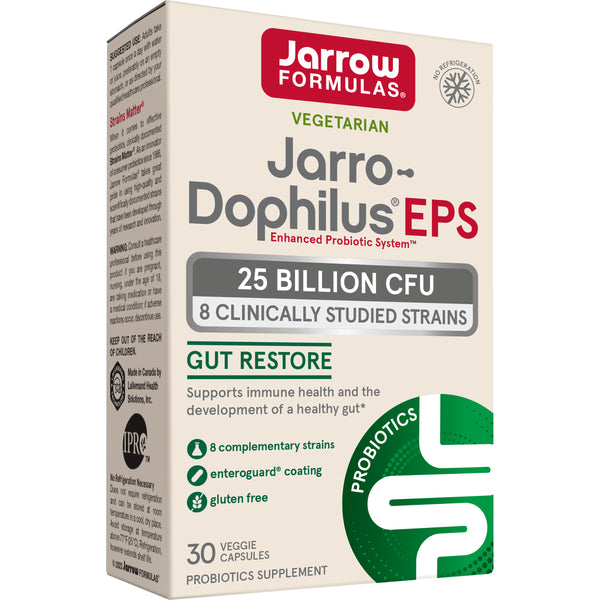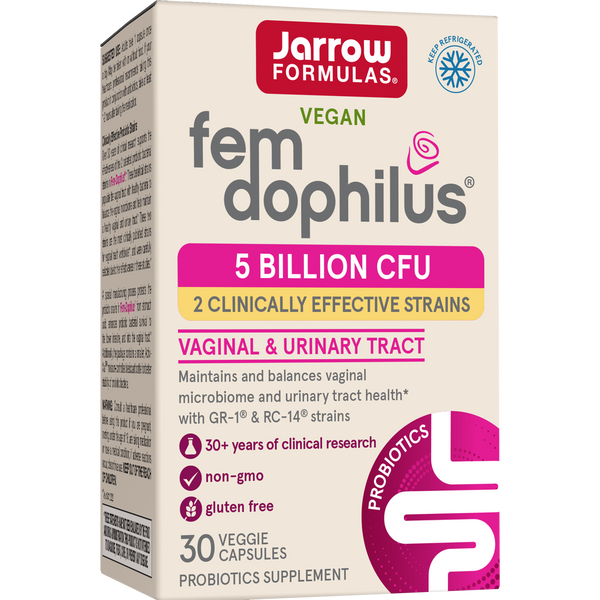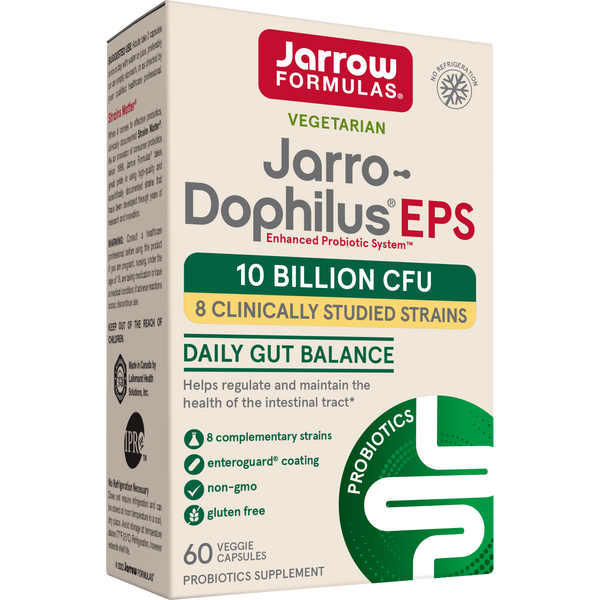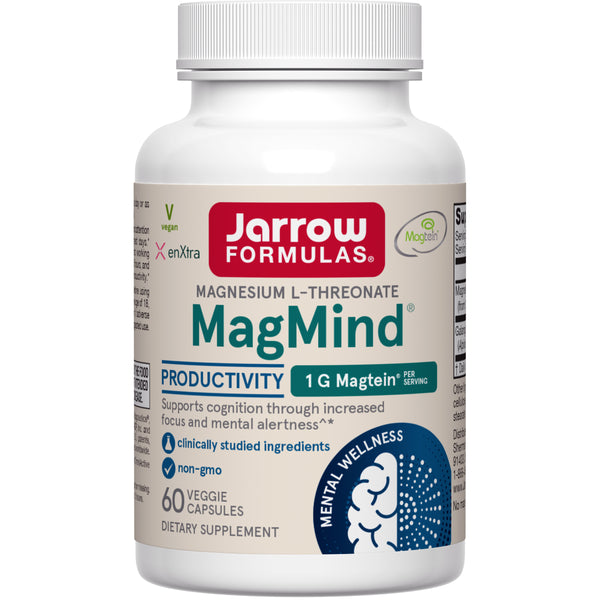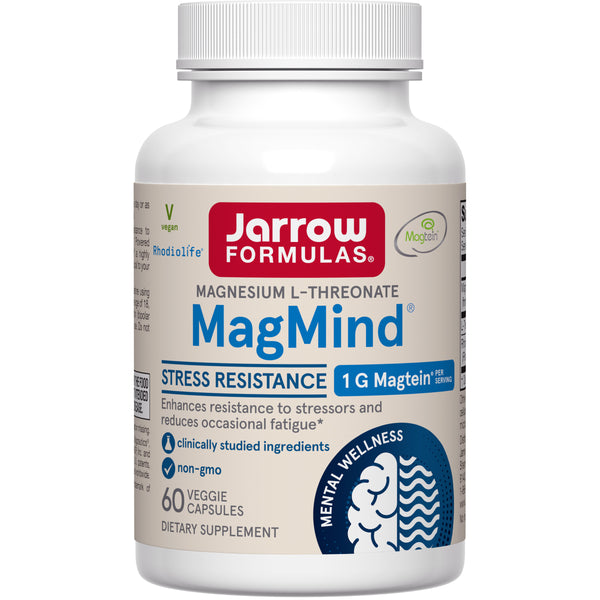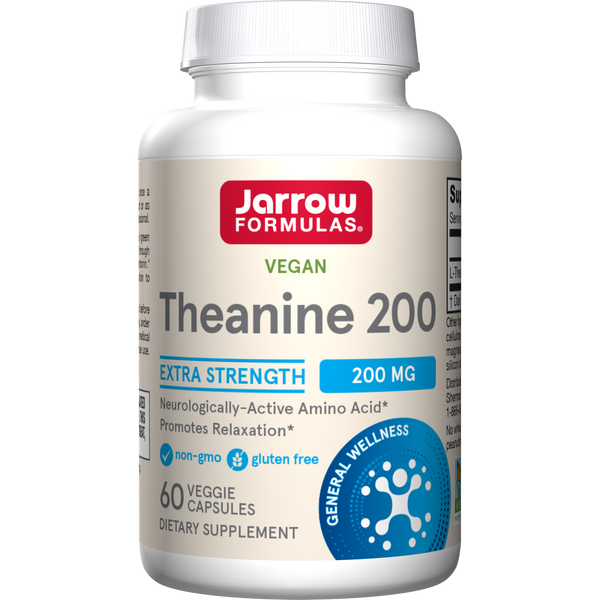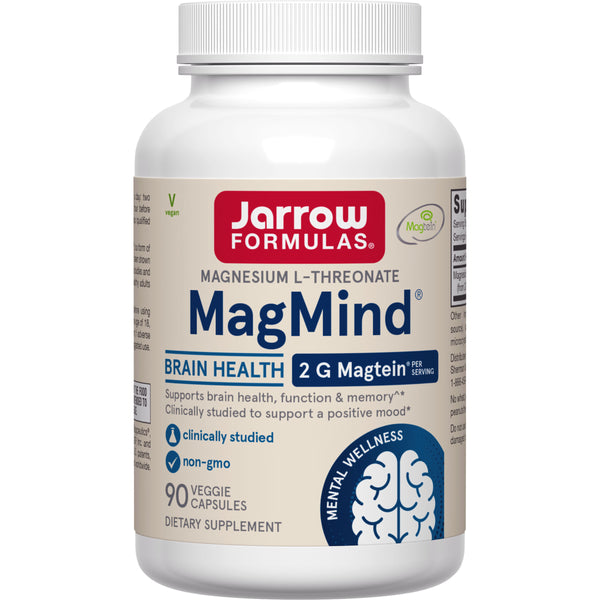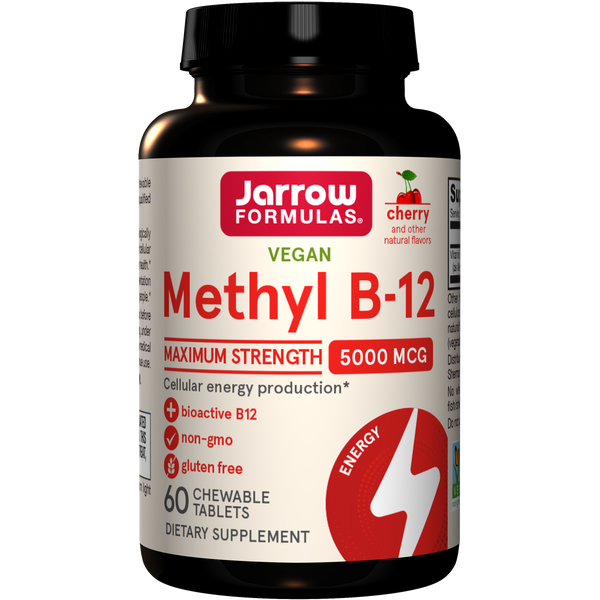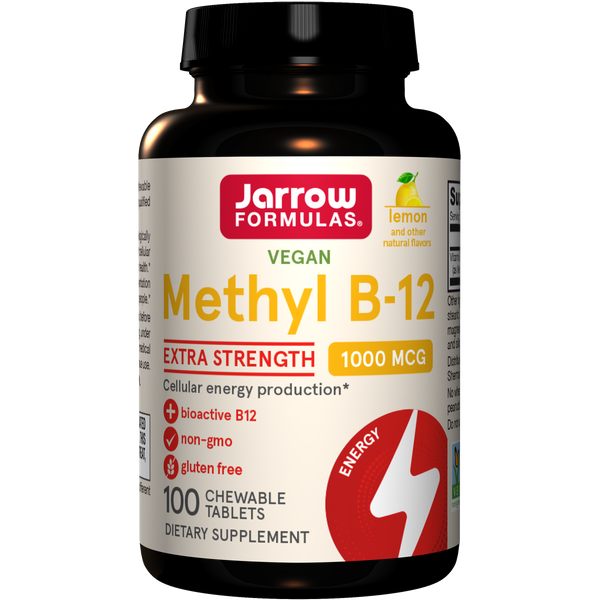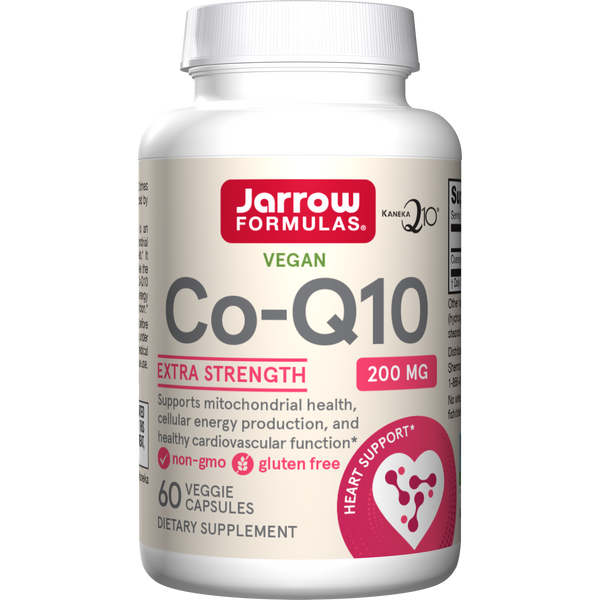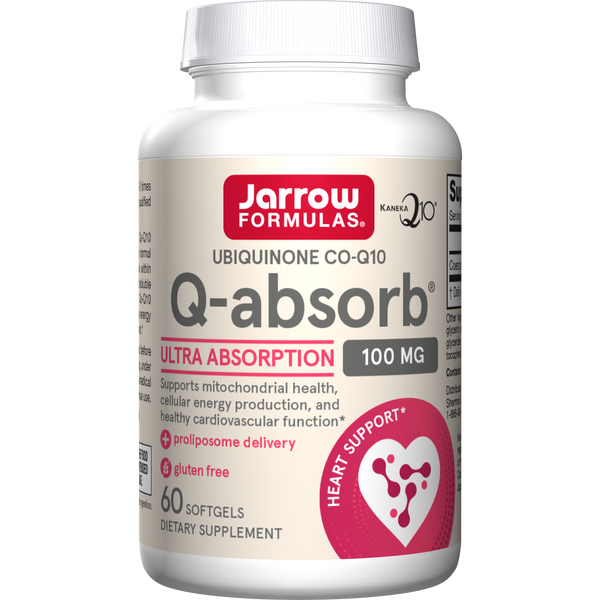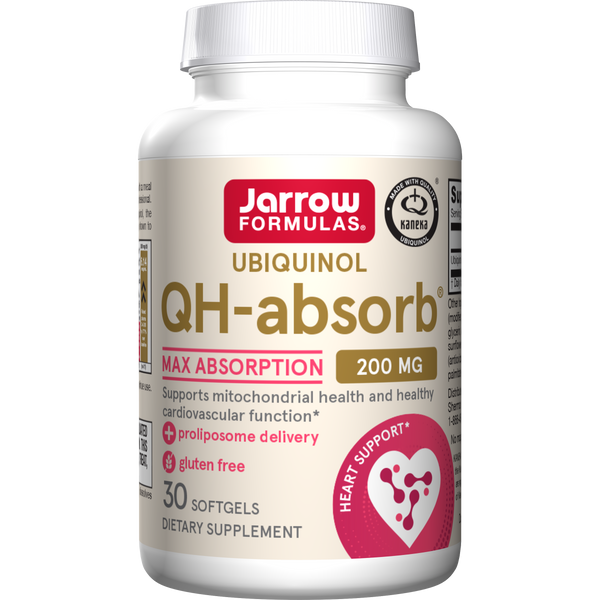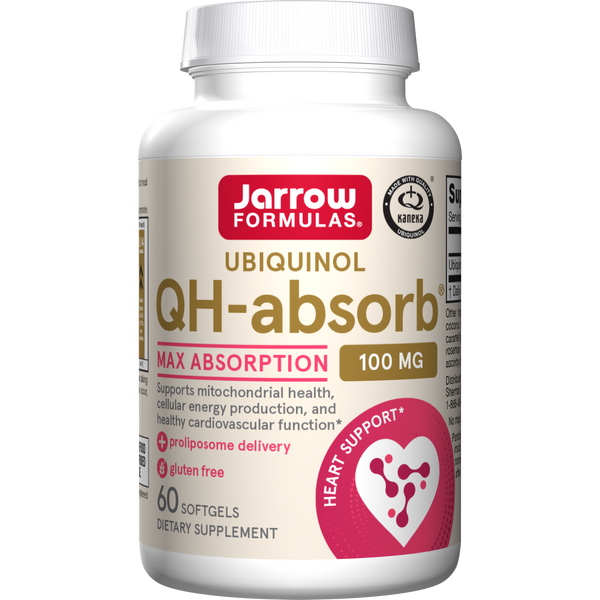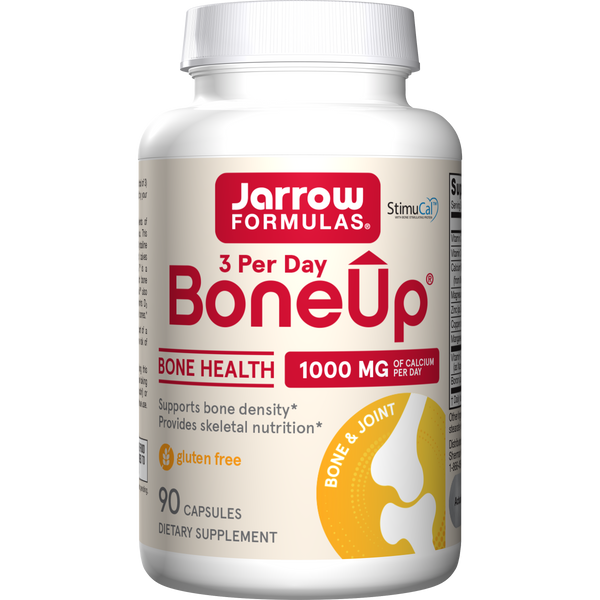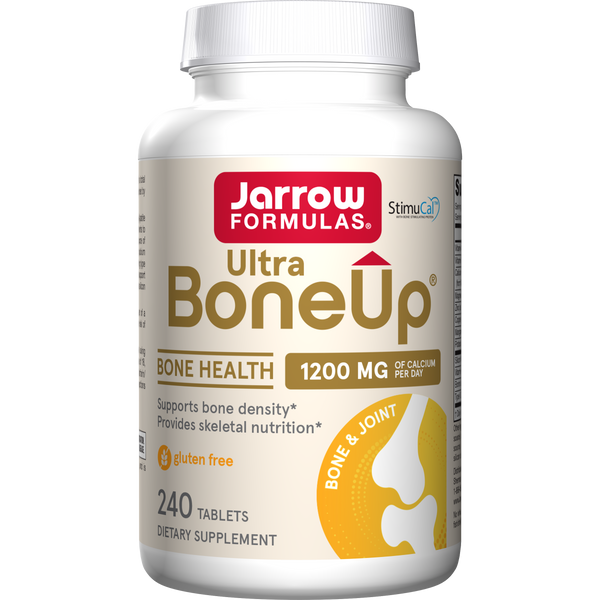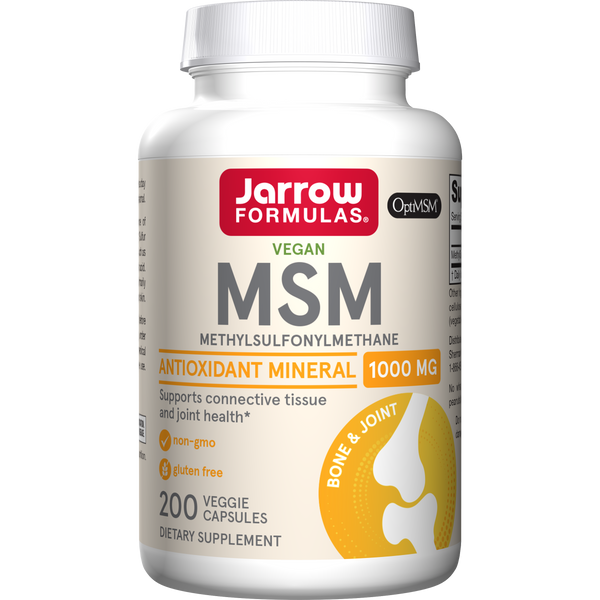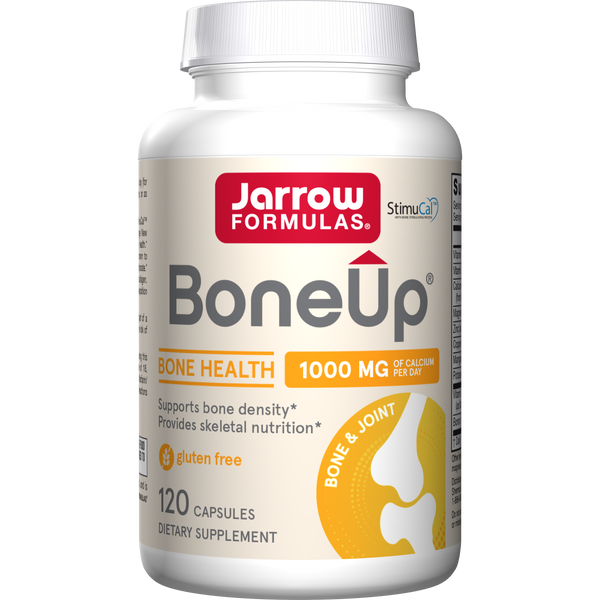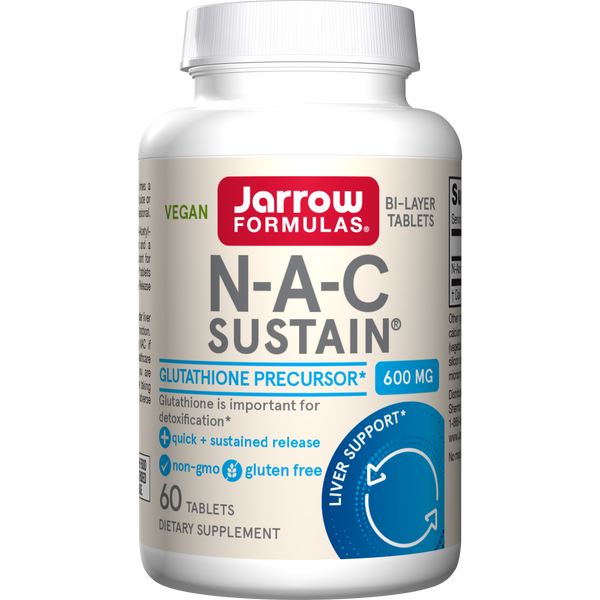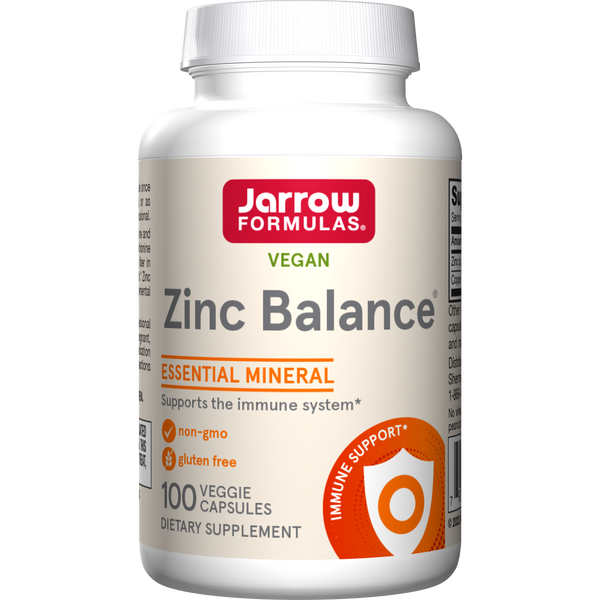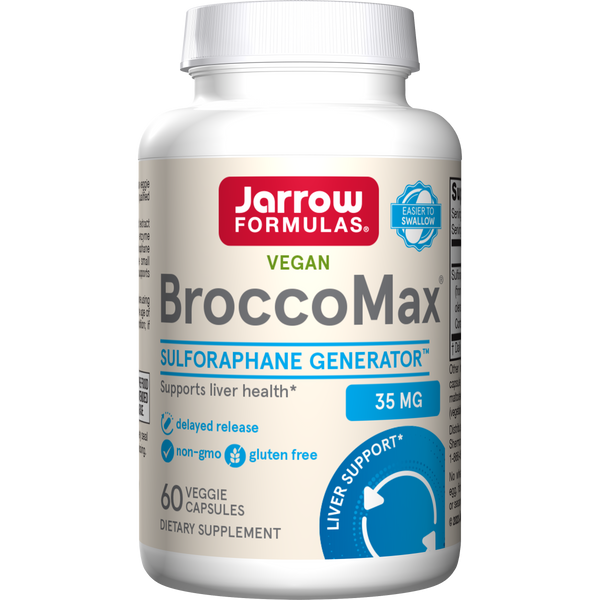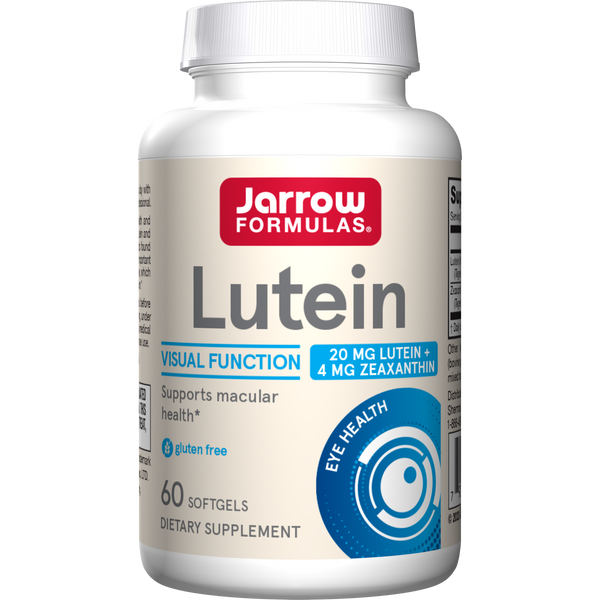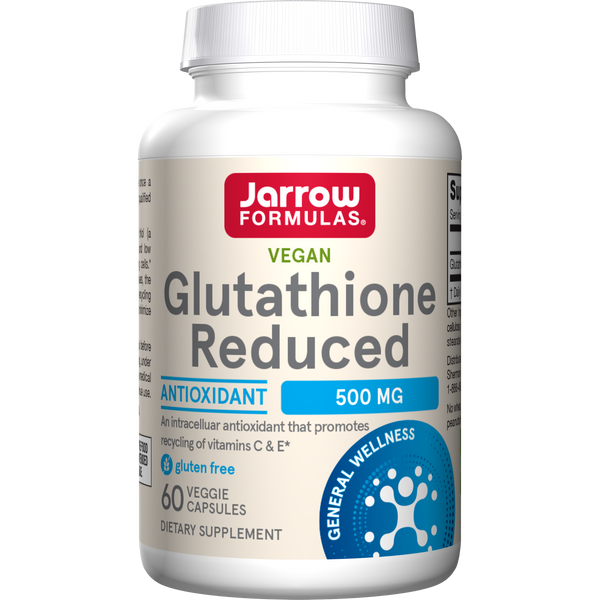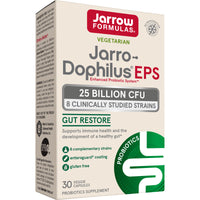The Great Magnesium Stearate Debate: Clearing up the Misconceptions
Just a quick glance at the ingredient list of virtually any bottle of dietary supplements or medicines in your home and you’re sure to find at least one that includes magnesium stearate. One of the most common capsule and tablet filling agents in use today, magnesium stearate has recently been the source of a great debate in the supplement world. Claims that it decreases absorption in the digestive tract and may even be unsafe for human consumption have been made by various individuals and companies, stirring up uncertainty and skepticism for some. However, an examination of the science behind the sensationalism shows the arguments are based upon misconceptions that are quickly dismantled by a close look at the facts.
What is magnesium stearate?
Often used as a filler in the manufacture of encapsulated supplements, magnesium stearate is frequently chosen for its lubricating effects. As a “flow agent” it prevents the active ingredients used in supplements from sticking to equipment during encapsulation. Actually a form of chelated magnesium, magnesium stearate is similar to other chelated forms of minerals (such as magnesium ascorbate, magnesium citrate, etc.) in that it is a stable, neutral compound comprised of a mineral and a vegetable-sourced acid. Stearic acid is the most common of the long-chained fatty acids and found in many commonly consumed foods including vegetable and animal oils, beef fat, cocoa butter–and even infant formula.
Magnesium stearate has GRAS (Generally Recognized as Safe) status in U.S. and in most of the world.
Although some have questioned its safety for consumption, a look at the scientific data from animal studies shows magnesium stearate to be totally safe even at a daily intake of 2.5g/kg bodyweight. In addition, an estimated 5% magnesium stearate in the diet[1] is within it’s “no observed adverse effects level” (NOAEL). Therefore, one can rest assured that the minute 10-50 mg of magnesium stearate found in some supplements poses no safety concern. In fact, a person would need to at least consume 1,000 times the amount of magnesium stearate found in a supplement to come close the most cautious known safety level.
Not only is it safe, it’s even been shown to offer health benefits.
Though stearates are the most prominent saturated fat in the human diet, they do not pose the risks to heart health that are commonly associated with other forms of saturated fat. Most people consume several grams per day of stearates from common food sources, as they are a natural part of every type of animal or vegetable fat. Furthermore, controlled human clinical trials have actually shown that stearic acid might benefit cardiovascular health. In one such study, stearic acid improved thrombogenic and atherogenic risk factor profiles in healthy males,[2] and a 2005 study on humans found stearic acid is just as safe as the unsaturated ingredients oleic and linoleic acid,[3] fatty acids consumed by most people in oils eaten every day.
Magnesium stearate has no impact on the bioavailability of nutrients.
One of the main arguments against magnesium stearate is that it prevents the absorption of the nutrients with which it is delivered. Although research has shown that magnesium stearate can affect the time it takes for active ingredients in tablets to be released, unless it is a major component of a supplement and not just a flowing agent, it has not been found to reduce the overall bioavailability of nutrients.[4,5] Technically a salt which contains approximately 96% stearic acid and 4% is magnesium, magnesium stearate does not have the effect of coating the intestinal lining or affecting the bioavailability of nutrients, as some have claimed. In fact, not only do stearates not coat the G.I. tract, they are actually well absorbed and may even discourage the development of some unwanted cellular biofilms.
What about claims that it affects cellular integrity and suppresses immunity?
Claims that magnesium stearate lowers immunity were based upon a few in vitro and animal studies, whose findings were inaccurately used to draw conclusions about its effects in humans. Specifically, the findings of the cell culture study that stated that magnesium stearate leads to cell membrane damage have no implications for its use in supplements and food, as any supplement applied in sufficient quantity in a cell culture in-vitro will have toxic effects.[6] In addition, a second study that purported magnesium stearate to be toxic to immune T cells was performed on mice, animals that lack the delta-9 desaturase enzyme that converts stearic acid into the commonly consumed, oleic acid. Therefore, while mouse T-cells may become toxic from high levels of stearic acid, these results are irrelevant to human immunity, since human cells have the delta-9 desaturase enzyme that converts stearic acid to oleic acid.[7] So once again, magnesium stearate poses no viable threat to immune health or health overall.
In conclusion, despite the concerns voiced by some individuals and companies that magnesium stearate may not be safe, a review of the real scientific data on this common ingredient clearly shows that the arguments against magnesium stearate simply don’t hold water, quelling any concerns about this long and commonly used filler.
[1] Toxicology. 1980;17(1):51-5
[2] Eur J ClinNutr. 2001 Feb;55(2):88-96
[3] J Nutr. 2005 Dec;135(12):2805-11
[4] Pharmaceutical Development and Technology, Volume 3, Issue 4 November 1998, 535547
[5] Bosnian Journal Of Basic Medical Sciences, 2007, 7(3): 279-283
[6] Tebbey PW, Buttke TM. Molecular basis for the immunosuppressive action of stearic acid on T cells. Immunology. 1990 Jul;70(3):379-84. PMID: 2379942
[7] Anel A, Naval J, González B, Uriel J, Piñeiro A. Fatty acid metabolism in human lymphocytes. II. Activation of fatty acid desaturase-elongase systems during blastic transformation. BiochimBiophysActa. 1990 Jun 14;1044(3):332-9. PMID: 2114179



